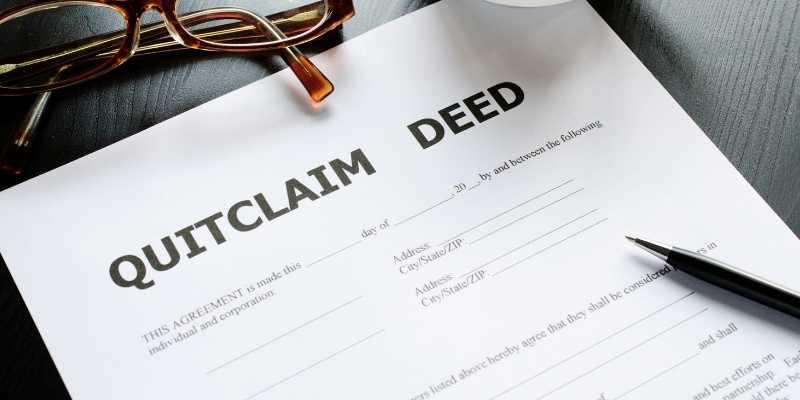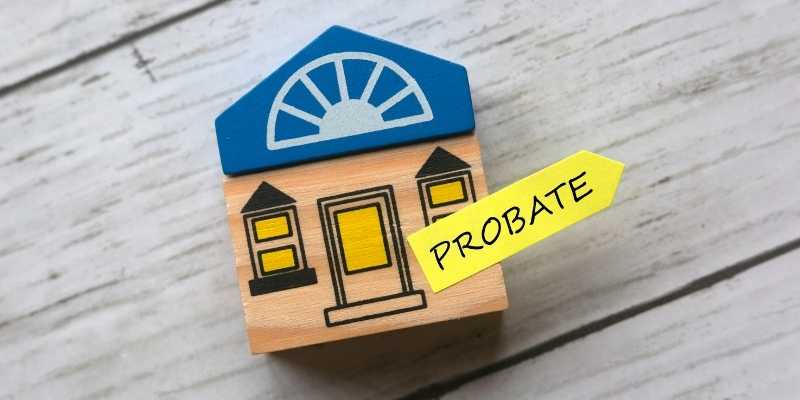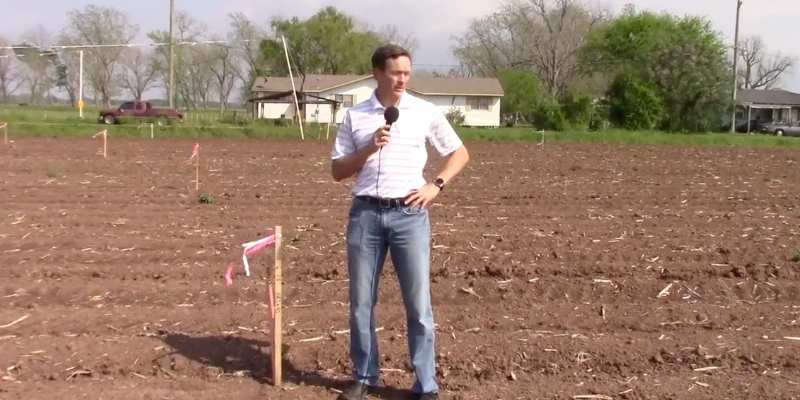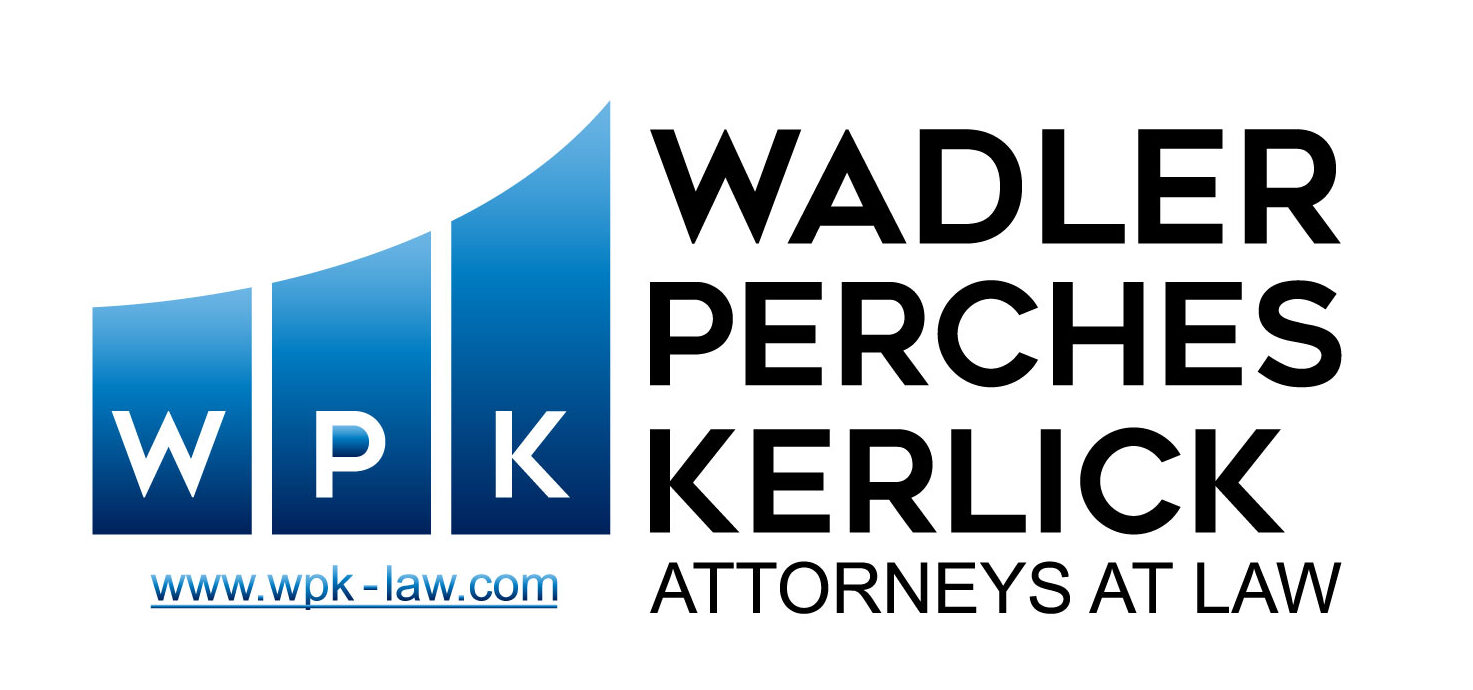What should you know about buying land that might be subject to old easement agreements?
We’ve been been contacted several times about the issues associated with buying land that might be subject to old easement agreements. You might be concerned about old easement agreements that may affect land you’ve just recently purchased, or you’re thinking about purchasing. You might also be wondering about title commitments and dealing with the title company.
So let’s walk through that whole situation. Let’s just say you’re a potential buyer of some land. What do you need to look out for? What do you need to be aware of related to existing easements on your property
Your Title Examination and Old Easement Agreements
So, with that, let’s start out. You want to buy some property, and let’s say you’re buying five acres of a previous large ranch of 1000 acres. Perhaps you’re buying five acres from someone who bought the ranch and is subdividing it.
You enter into an earnest money contract to purchase the property. The earnest money contract gets delivered to the title company, your earnest money gets deposited, and the title company begins their title examination of the property. That title examination will confirm that your seller is the owner. Hopefully, the seller of the property is the record title owner, and title is vested in this person. The record title owner will be listed on Schedule A.
Schedule B Is Worth Extra Attention
Schedule B has some exceptions to coverage. There’s a whole litany of general things that the title insurance company will not insure or cover on the property, but like most insurance, you can pay for those coverages. Normally, there’s an additional amount of premium for that endorsement.
At the latter part of Schedule B, it will refer to other documents and these documents also affect the property. What it lists in the latter part of Schedule B is all easements and boundary line agreements affecting the property. These could be pipelines, power line easements, and any kind of setback documents. It will also include oil and gas leases and things like that.
You may say that you’re not buying the minerals. However, if there’s an oil and gas lease related to the minerals on their property, there can be some effect on the surface and you are the prospective surface owner. So you need to be aware of those oil and gas leases too.
The title company can provide you with copies of those documents listed in Schedule B, and you can review them. It would be worth your while to contact an attorney and have the attorney look through those documents. The attorney will review the Schedule B documents to see how they might affect your use and possession of the surface.
How Existing Easement Agreements in Schedule B Might Affect Your Property
Old easement agreements that are on the Schedule B of the title commitment potentially affect your property. Our scenario was a big thousand acre ranch at one point, and now you’re buying a five acre tract. You may have ten pipeline easements on your title commitment for that five acre tract. But in fact, those ten pipeline easements may not affect your five acre tract.
The reason why they’re listed in your Schedule B is because at the time when your five acre tract was a small piece of that 1,000 acre tract, those easements were not well defined. Perhaps the title examiner could not determine whether any of those pipeline easements affect the five acre tract so they’re going to be listed. It’s not uncommon for the title examiner to list multiple easements that don’t affect your property and aren’t even close to your property. But you need to know about these easements anyway.
If it cannot be determined whether an easement is on your five acres, then it will require a surveyor to survey the property or maybe just review the easement document to determine the location of the easement. I’ve had surveyors refer back to old maps from the county to determine the location a particular pipeline. Perhaps at the time that it was granted by the earlier landowner, the easement location was not defined, but later it was defined. If the easement can be located and defined, perhaps it can be taken off your title commitment. So it’s very important to review all those things on Schedule B, and to know what affects your property.
What If an Old Easement Agreement Is Missed in the Title Examination
Now, let’s go through the scenario that you buy this property and then you find out that there’s a pipeline affecting your property. Perhaps it was an old pipeline that was not listed in Schedule B of the title commitment and was not excepted from the coverage by the title insurance policy.
So this pipeline easement was something that was overlooked. That’s something that you absolutely need to talk to an attorney about because you may have a claim against the title insurance company related to the omission of that pipeline easement on your title commitment. It’s really important for you to take action on that as soon as possible.
Hope this is all helpful. It’s just a real brief discussion about title policies, title commitments, and how old easements or encumbrances relate to that.






